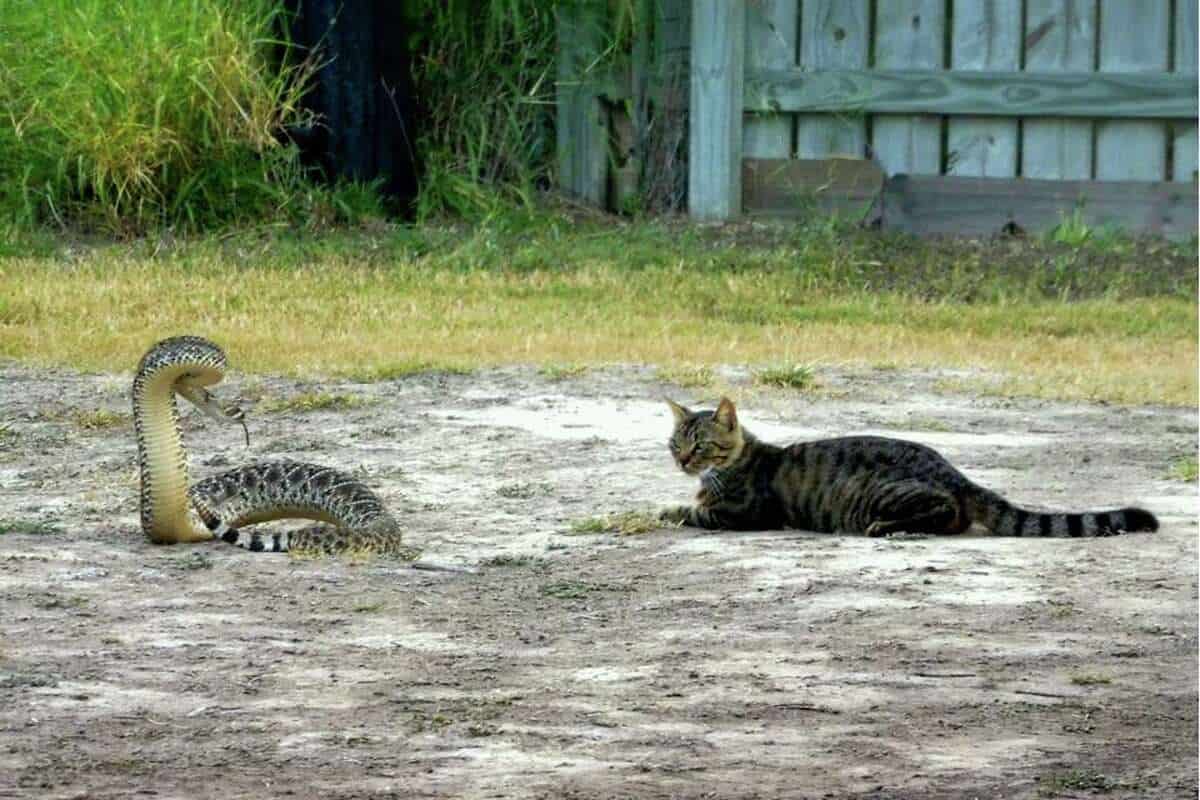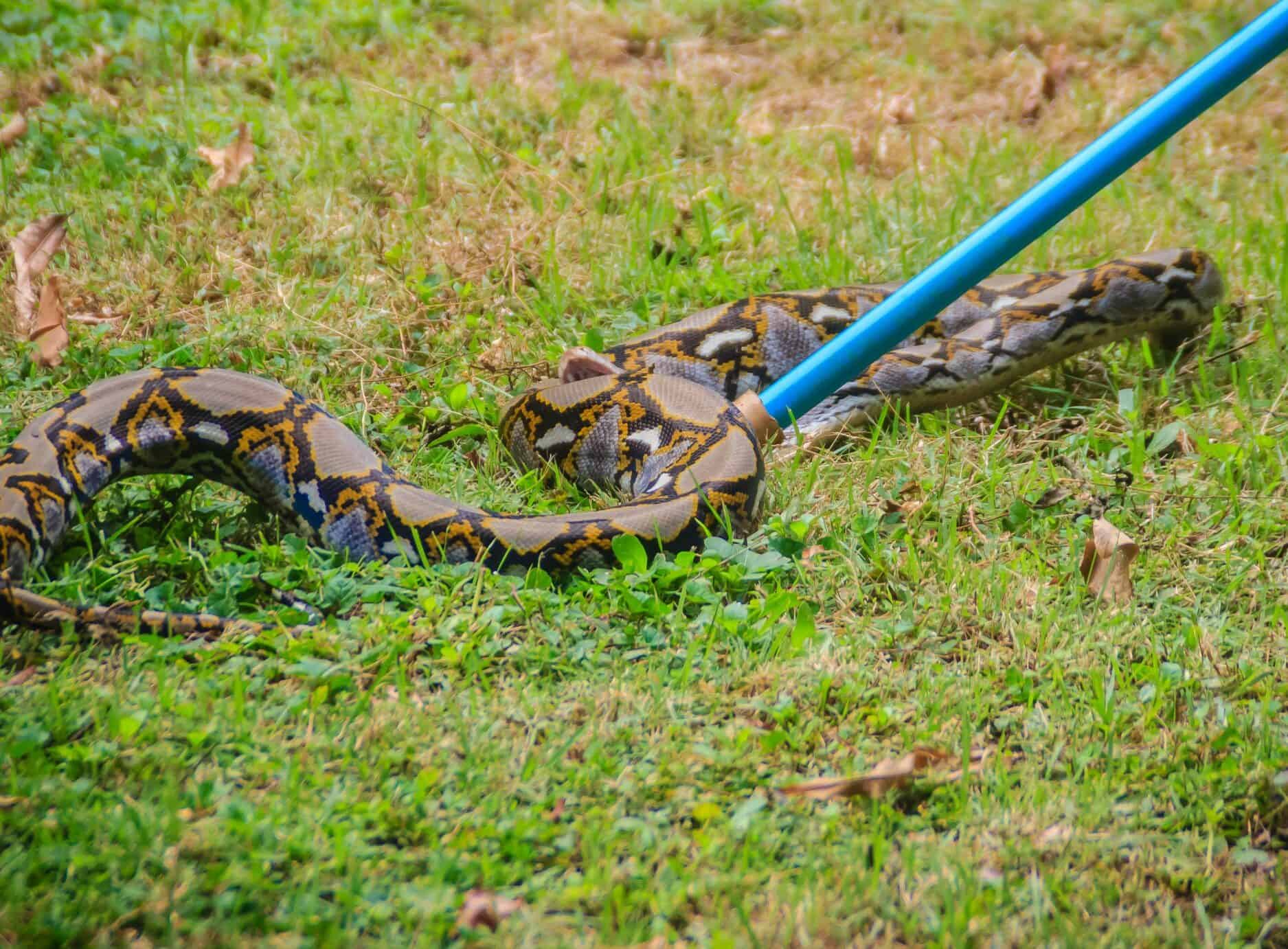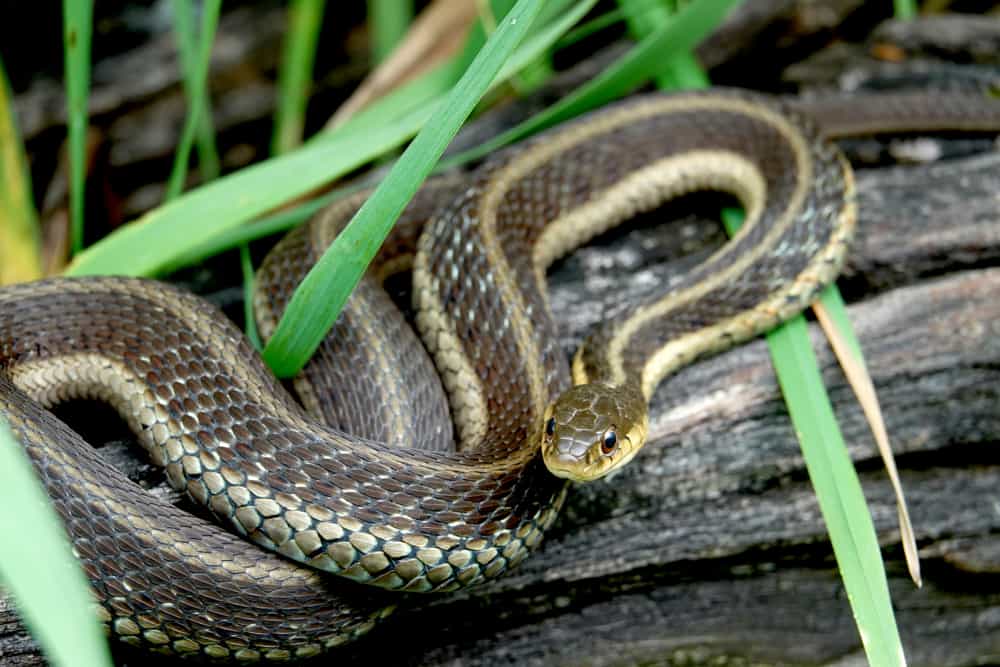Snakes can be very dangerous if they are not your pets. They can bite you and your pets, leave droppings that carry dangerous diseases, and even cause damage to your property. If you find a snake, you need to address this like you would any other pest.
Snake bites are no laughing matter. The wrong snake can kill you. For the sake of your family and your home’s safety, you need to figure out how to get rid of snakes as soon as you find them. This guide is here to help.
PSA: Before we begin, we need to talk about ethics and safety
We all know that killing snakes is not something anyone wants to do—at least, not anyone in their right mind. Snakes are part of wildlife, and they serve a vital part of local ecosystems. However, there may be moments where non-violent snake removal may not be feasible.
As a part of our ethics related to preserving local wildlife, we strongly encourage people to call Animal Control if they notice a snake problem in their local ecosystem.
Because venomous snakes also can pose a risk to your health if you try to approach them, we encourage you to seek professional help if at all possible.
How To Kill A Snake?
There are several ways to kill a snake, many of which are best done by professional help instead of you. Even then, we do not advise killing a snake. These are the most common methods currently used:
- Shovels: Using a shovel or garden hoe to behead the snake is a potential solution to being cornered by a dangerous snake. Obviously, this is not the smartest method. If you are unlucky and try this on a copperhead or other snake, you may still get bitten by it.
- Shotguns: Another potential option is to use a gun to shoot the snake to death. This can be a bad idea if guns are banned on the premises where you are. You also better be a good shot if you try this.
- Wildlife/Pets: Certain animals view snakes as prey and will hunt them. These include cats (for small snakes like corn snakes and garter snakes), foxes, as well as larger dogs. If the snakes have venom, then this may be a bad choice since it can kill the pet.
- Glue Traps: There are several lethal traps that you can use to kill snakes if your snakes are getting out of control. These do not involve chemical means, since there’s no such thing as snake poison. Rather, they basically stick snakes into place so they can’t move.
Is killing a snake a good idea?
Generally speaking, it’s a horrible idea. Most non-venomous snakes will not cause serious damage to your yard or pets. Killing venomous snakes can also get you bitten in the process. It should be a last-ditch effort.
In fact, they may be able to help you. Snakes are great creatures for reducing the population of mosquitos and other insects. They also can help keep pests like mice and rats at bay. So, they’re not all bad and should not be killed unless absolutely necessary.
How can you tell if a snake is poisonous?
Brightly-colored snakes are often poisonous, but the truth is that it is one of those things that is species-specific. Black snakes may be poisonous, too. If you aren’t sure whether a snake is poisonous, back away from it.
If the snake in question has a rattle at the end of its tail, it’s definitely poisonous. With that said, you should treat any unknown snakes as potentially dangerous.
Is it legal to kill a snake?
Here’s another great reason why you should think twice before you kill a snake: legality. Snakes are not considered to be the wild game in much of the United States, which means that it’s technically illegal to kill them in many parts of the country.
Moreover, there’s always the chance that the snake you killed could be an endangered or protected species. If your local animal control finds out you killed an endangered species, you could end up getting arrested. That makes it a gamble to do any killing.
If you are truly hellbent on killing a snake, you may want to check the local laws in your area or call up Animal Control. They will be able to tell you what you are allowed to do and (ideally) send someone out so that they can get rid of the snake for you.
Better alternatives to killing a snake

Rather than killing a snake that just wants to be snaking around, you can use a more humane way to keep them out of your home.
1. Use Snake Repellents
The easiest way to make snakes a problem of the past is to make them leave. You can’t get snake poison but you can appeal to a snake’s sense of smell to drive them out of your yard or home by using natural snake repellents.
Snakes have strong senses of smell, so you can use that against them. White vinegar, cinnamon, clove oil, and even planting wild garlic can turn snakes away from your home. You can also buy store-made repellents if that’s more your style.
2. Fill In Burrows
Many snakes burrow in your lawn or near your house for shelter. This is especially true in colder parts of North America and in swampy areas of Florida. The easiest way to prevent them from making a home in your backyard.
Actually, reducing hiding places across the board will reduce the chances of snakes doing their thing near you. Keeping snakes away is mostly about making their homes inhospitable.
3. Consider Removing Grass
If your area is seriously overrun by snakes, adding gravel instead of grass can tamp down on the snake population. Snakes don’t like the feeling of slithering through gravel. Your HOA may not appreciate it, but they’ll allow it in certain circumstances.
4. Remove Debris From Your Yard
You have to think about what makes snakes attracted to certain locations in the first place. When we say “debris,” we mean the type of stuff small animals (particularly small mammals and amphibians) would want to hide in.
Snakes need food to survive. Tall grass, piles of logs, loose leaves, and similar things can turn into perfect hiding spots for snakes’ prey: mice, rats, insects, and small frogs. By keeping your backyard and lawn tidy, you give snakes little reason to want to stick around.

5. Take Out Your Bird Feeders
While you might love seeing birds having a blast in your bird bath or bird feeder, you may have to make a hard decision. If you still keep finding snakes in your yard after everything else, you may want to limit your bird feeding.
Sometimes, making the area inhospitable for other wildlife will make the snake species give you a hard time going away. It’s not what you want to hear, but it’s a thing you may need to consider. Certain snakes like to eat birds, after all.
Animals love food. No food means no interest in hanging out in your area.
6. Catch And Release
There are a lot of different traps available for snakes that are humane in nature. To use them, simply set the trap, wait until the snake enters it, and then release the snake several miles away from your home—ideally near a pond, if possible.
You can often get special wildlife volunteer groups to help you set the traps. If you want to go the cheap route, you can use glue traps to catch the snake. Then, use vegetable oil to loosen the glue so that the snake can be set free.
If you choose a kill-free exterminator, they will also do a trap and release for you. This is ideal for people who have confirmed that the snakes on their property are venomous and should not be touched.
7. Walking Away From The Snake
If you find a snake on a nature trail, don’t panic and try to shoot the snake. There’s no reason to attack a snake that’s not even on your property. The snake is in its own natural habitat, so why hurt it for just being a snake?
Our environment needs snakes just as much as it does raccoons, mice, or even trees. By walking away, you’re doing the right thing.
Conclusion
The best way to kill a snake is to avoid killing a snake at all. There are more humane ways to handle this issue that can include catching and releasing them, repelling them, or dialing up Animal Control.
The important thing to remember here is that snakes are a part of the ecosystem. You need to treat them as a part of the world that we all live in, for their sake and our own.
